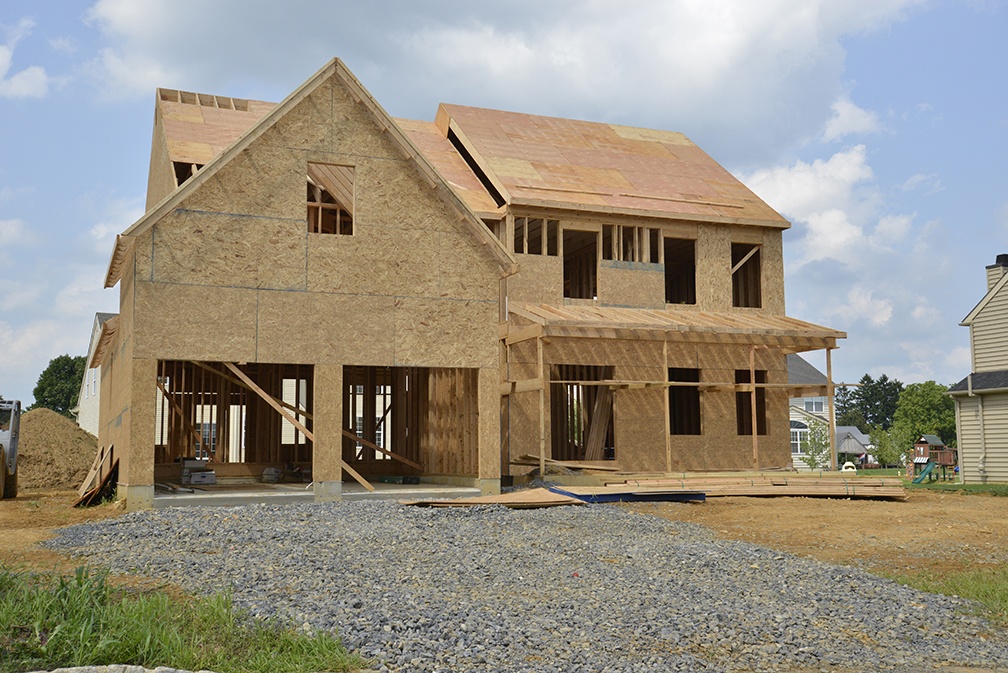 U.S. home prices continued to fall in November according to S&P Case-Shiller’s month-to-month national and 20-city home price indices, but home price growth rates remained in positive territory year-over-year. The national home price index posted a 7.70 percent year-over-year home price growth rate as of November 2022.
U.S. home prices continued to fall in November according to S&P Case-Shiller’s month-to-month national and 20-city home price indices, but home price growth rates remained in positive territory year-over-year. The national home price index posted a 7.70 percent year-over-year home price growth rate as of November 2022.
20-city home price index posts 5th consecutive month-to-month decrease in November
The S&P Case-Shiller 20-city home price index for November reported that the top three cities for home price growth were Miami, Florida with a year-over-year home price growth rate of 18.4 percent; Tampa, Florida followed with a year-over-year home price growth rate of 16.9 percent. Atlanta Georgia reported a 12.7 percent growth rate for year-over-year home prices.
Home prices tracked in the 20-city home price index rose at a 6.8 percent year-over-year- pace in November as compared to year-over-year home price growth of 8.6 percent posted in October 2022. 19 of 20 cities included in the S&P Case-Shiller 20-city home price index reported lower home prices in November; only Detroit Michigan reported a gain in month-to-month home price growth.
FHFA: prices drop for homes owned or financed by Fannie Mae and Freddie Mac
In related news, the Federal Housing Finance Agency, which oversees government-sponsored mortgage enterprises Fannie Mae and Freddie Mac, reported that home prices for homes financed or owned by Fannie Mae and Freddie Mac dropped by 0.10 percent month-to-month and rose by 8.2 percent year-over-year.
Nataliya Polkovnichenko, Ph.D. and Supervisory Economist in the FHFA’s Division of Research and Statistics, said: “ U.S. house prices were largely unchanged in the last four months and remained near the peak levels reached over the summer of 2022. While higher mortgage rates have suppressed demand for homes, low inventories of houses for sale have helped maintain relatively flat house prices.”
Changes in seasonally adjusted home price changes ranged across the nine Census Divisions from -1.1 percent in the Pacific Division to +0.5 percent in the West North Central Division. Year-over-year home price gains ranged from +2.4 percent in the Pacific Division to +12.0 percent in the South Atlantic Division.”
Data included in the FHFA House Price Index are gathered from reports on single-family home prices ranging from the 1970s to the present and include single-family home transactions in all 50 states and more than 400 U.S. cities.
 Are you planning on using a mortgage to help cover the cost of a new home? If so, you will want to prepare your finances and figure out how you will manage all those wallet-draining monthly expenses. Let’s take a look at how to run a quick financial health check to ensure you are ready to apply for a mortgage.
Are you planning on using a mortgage to help cover the cost of a new home? If so, you will want to prepare your finances and figure out how you will manage all those wallet-draining monthly expenses. Let’s take a look at how to run a quick financial health check to ensure you are ready to apply for a mortgage.
 Last week’s economic reporting included readings on new and pending home sales, inflation, and consumer sentiment. Weekly readings on mortgage rates and jobless claims were also released.
Last week’s economic reporting included readings on new and pending home sales, inflation, and consumer sentiment. Weekly readings on mortgage rates and jobless claims were also released. Members of the military, their family members, and veterans have access to a unique mortgage option called a VA loan. This can be a strong option because it provides borrowers with an opportunity to purchase a house for less than 20 percent down. While not everyone is eligible for a VA loan, there are a lot of people who are wondering, are VA loans assumable? There are a few key points to keep in mind.
Members of the military, their family members, and veterans have access to a unique mortgage option called a VA loan. This can be a strong option because it provides borrowers with an opportunity to purchase a house for less than 20 percent down. While not everyone is eligible for a VA loan, there are a lot of people who are wondering, are VA loans assumable? There are a few key points to keep in mind. Are you in the market for a new house? If so, you might be thinking about building your own house. It can be exciting to go through the process of building a house, as you will be in control of just about everything. On the other hand, how much is it going to cost you to build a house? You need to make sure you have an estimate before you decide to move forward with your project.
Are you in the market for a new house? If so, you might be thinking about building your own house. It can be exciting to go through the process of building a house, as you will be in control of just about everything. On the other hand, how much is it going to cost you to build a house? You need to make sure you have an estimate before you decide to move forward with your project.